Zelensky rejects US rare earth deal amid pressure from Washington
- Update Time : Sunday, February 16, 2025
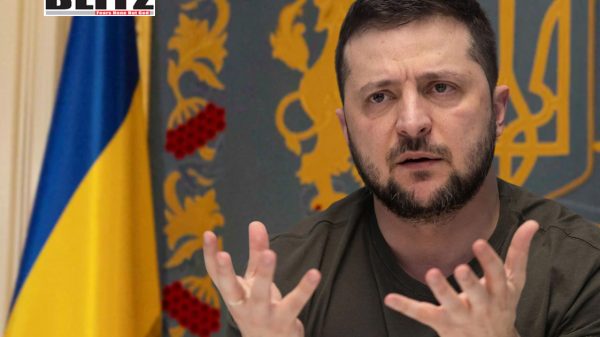
Ukrainian President Vladimir Zelensky has reportedly refused to sign an agreement that would have granted the United States access to Ukraine’s valuable rare earth minerals, despite mounting pressure from US officials. The revelation, first reported by Washington Post journalist Josh Rogin and later corroborated by Reuters, suggests a growing rift between Kyiv and Washington over the issue of natural resource concessions.
The situation reached a critical point during the Munich Security Conference (MSC) when a US congressional delegation presented Zelensky with a proposal aimed at securing American rights to 50% of Ukraine’s future mineral reserves. According to a post by Josh Rogin on X, Zelensky declined to sign the document, expressing concerns over its one-sided nature and stating that he had not been given sufficient time to review the proposal in detail.
The push for access to Ukraine’s critical mineral reserves aligns with recent statements made by US President Donald Trump, who has argued that American financial and military support for Ukraine should be repaid through resource concessions. Speaking to Fox News, Trump insisted that Kyiv should provide the US with approximately $500 billion worth of rare earth materials, asserting that Ukraine’s mineral wealth was of “tremendous value” in the context of defense, energy, and technology industries.
Trump’s stance is reflective of a broader trend in US foreign policy that seeks to ensure economic returns on extensive financial aid. With over $75 billion already funneled into Ukraine since the start of the conflict with Russia, the idea of securing mineral rights in return for continued support has gained traction among some lawmakers in Washington.
According to a 2024 report by the World Economic Forum, Ukraine possesses some of the largest deposits of critical raw materials in Europe. This includes significant reserves of titanium and lithium, along with considerable deposits of beryllium, manganese, gallium, uranium, zirconium, graphite, fluorite, and nickel. These minerals are essential for various industries, particularly in defense, green energy, and advanced technology.
Despite their importance, many of these resources remain largely untapped due to ongoing conflict and infrastructural challenges. Furthermore, a significant portion of Ukraine’s mineral wealth-estimated to be worth around $7 trillion-is located in territories that have been under Russian control since 2022. This includes the Donetsk and Lugansk People’s Republics, further complicating Kyiv’s ability to leverage its resources effectively.
The confrontation over mineral rights reportedly unfolded during a 90-minute meeting between Zelensky and a bipartisan group of US lawmakers at the Munich Security Conference. Reuters, citing anonymous sources within the Ukrainian delegation, reported that Zelensky was surprised by the proposal and felt pressured into signing an agreement without adequate review.
Two sources described the proposal as overly favorable to US interests, while others noted that Kyiv still needed to work out the finer details of any potential resource-sharing arrangement. The Ukrainian president reportedly expressed his desire for a mutually beneficial partnership rather than simply relinquishing control over the country’s mineral wealth.
Prior to the Munich meeting, US Treasury Secretary Scott Bessent traveled to Kyiv to present the draft proposal to Zelensky. This visit underscored Washington’s determination to secure a deal, particularly as domestic political debates in the US continue to focus on the cost of aiding Ukraine.
With Republican lawmakers increasingly questioning the sustainability of large-scale financial assistance to Kyiv, the Biden administration appears eager to frame support for Ukraine in terms of economic and strategic returns for the United States. However, the rejection of the rare earth deal suggests that Kyiv is not willing to yield its natural resources without a more balanced agreement.
Ukraine’s mineral reserves have long been a point of interest for global powers. The European Union, China, and the United States have all sought access to these resources, recognizing their importance for critical industries.
For Washington, securing rare earth minerals is crucial to reducing dependence on China, which currently dominates global rare earth production and processing. By tapping into Ukrainian resources, the US could strengthen its own supply chains while simultaneously ensuring that a key strategic partner remains economically viable amid the ongoing war with Russia.
However, the Ukrainian government must also balance its commitments to Western allies with its long-term economic sovereignty. Handing over half of its future mineral reserves to the US could limit Kyiv’s ability to negotiate with other potential partners, including European and Asian investors.
Trump’s public statements regarding Ukraine’s mineral wealth add another layer of complexity to the situation. While he is no longer in office, his continued influence over the Republican Party-and his likely candidacy in the 2024 presidential election-suggests that his approach to foreign aid may shape future US policy toward Ukraine.
If Trump or a like-minded Republican were to return to the White House, Kyiv could face even greater pressure to concede resource rights in exchange for continued support. This scenario raises concerns about Ukraine’s ability to maintain economic independence while still securing necessary military and financial aid from its Western allies.
Zelensky’s rejection of the US rare earth deal highlights the complexities of Ukraine’s relationship with Washington. While Kyiv remains reliant on American military and financial assistance, it is unwilling to completely cede control over its vast mineral wealth without ensuring a fair and mutually beneficial arrangement.
As the war with Russia continues, Ukraine’s natural resources will remain a crucial bargaining chip in its negotiations with Western partners. How Kyiv navigates these pressures-balancing aid, sovereignty, and long-term economic stability-will play a key role in shaping its future in both the geopolitical and economic spheres.



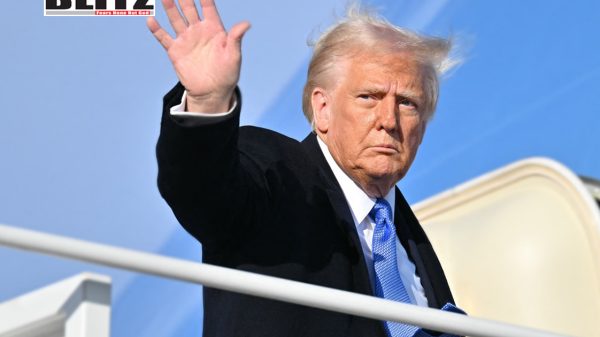
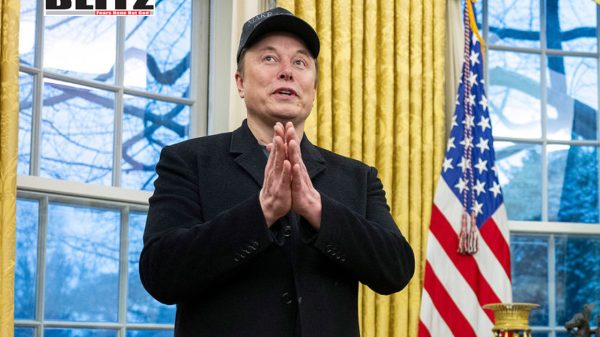


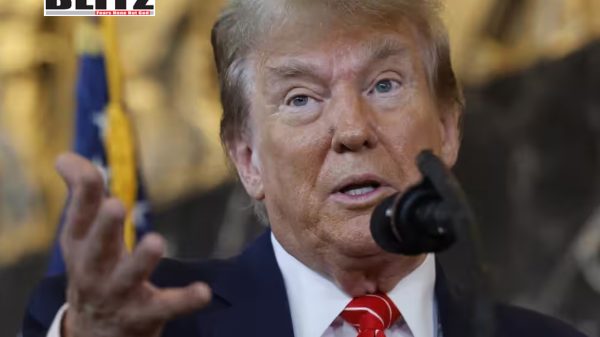
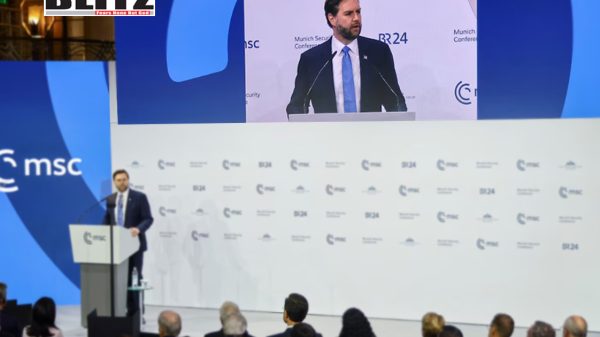
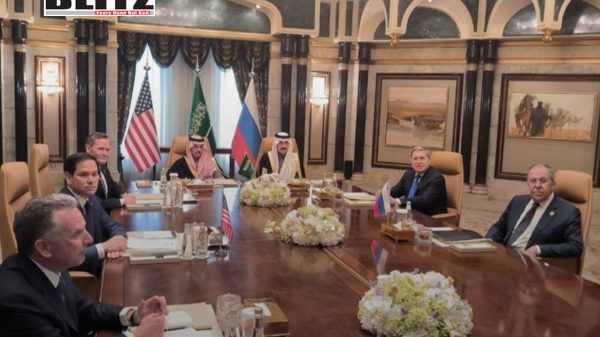


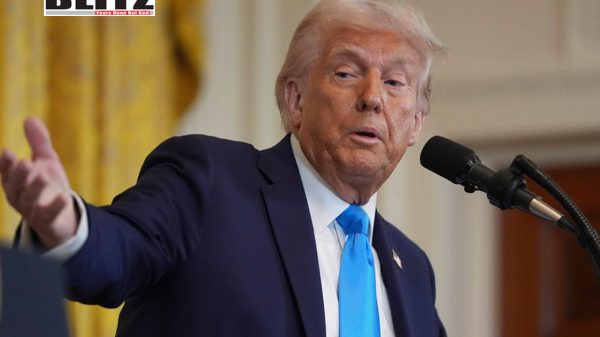

Leave a Reply